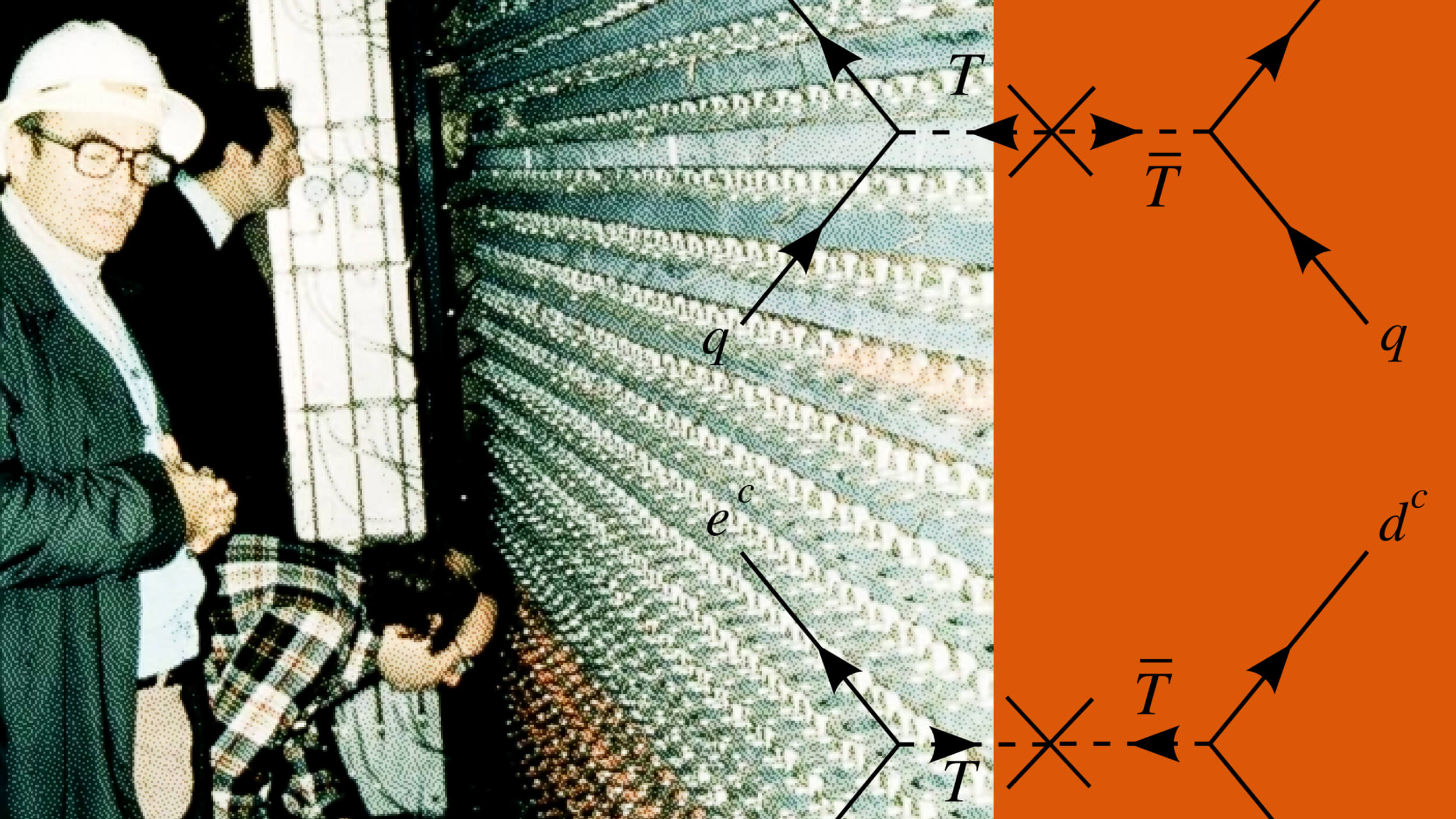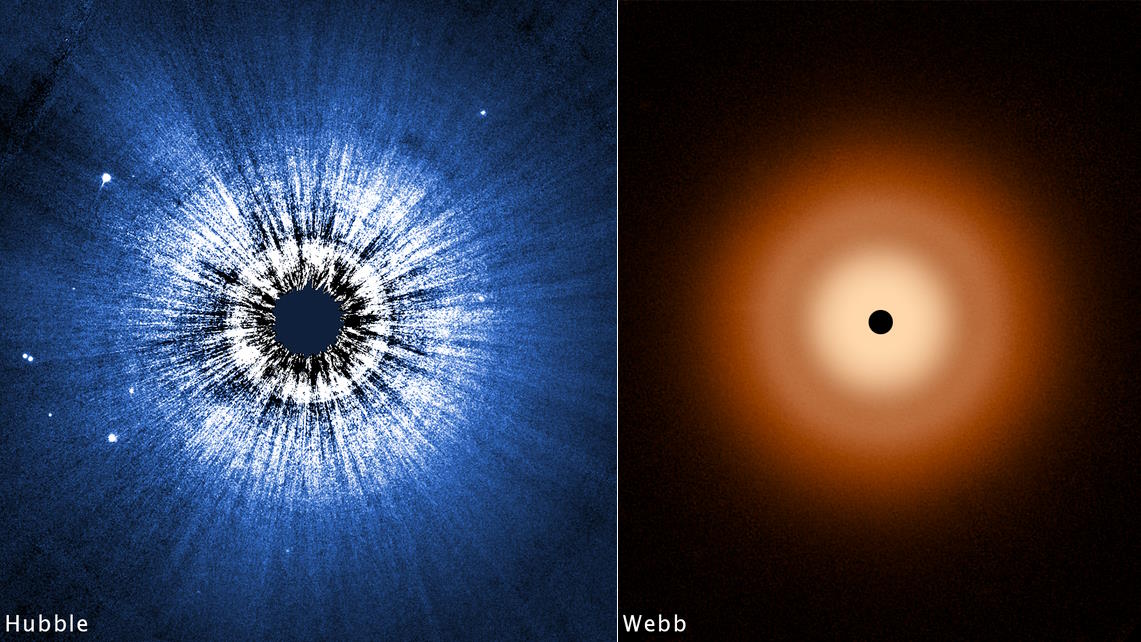“There are some things that simply disgust us in a very, very instinctive, deep kind of way. And there are other things that we clearly learn to find either good or bad,” says Firestein.
Question: Why do some things taste good and some things taste bad?
Stuart Firestein: The question of why we decide that something tastes good or doesn’t taste good or is disgusting even somehow, is being... I would say this is an area that is being researched... a lot of effort is being put into research in this area and we don’t really understand it. It’s particularly interesting because it’s clearly a combination of nature and nurture. It’s one of the great places to study this question of nature versus nurture if you will.
There are some things that seem to just simply disgust us in a very, very instinctive deep kind of way that seems to be built into the organism and there are other things that we clearly learn to find either good or bad. We use foods as rewards and as punishments. There are very important sociological and cultural issues about food and these are clearly learned and yet there are other things about it that are clearly inside of us. Indeed, think of the word disgust. The root of the word disgust, gust is the word we use for taste, which is gustatory, the gustatory system or gustation is the scientific word for the sense of taste. And so we think of something as "disgusting" because it repels us.
Where it comes from or how it exactly works I have to say is still one of the great unknowns and of course there are huge cultural differences as well as to what is acceptable and unacceptable in the way of food and taste, flavor. So it’s a very interesting question. And it’s one of those interesting questions because it’s not just science. It’s anthropology as well and cultural studies. It’s one of those kind of interesting interdisciplinary kind of places where people of all sorts of stripes are interested in it.
Questions: Why are you so interested in language and smell?
Stuart Firestein: I can ask you to close your eyes and imagine the color red or imagine a lemon or imagine the color yellow and you won’t have much trouble doing that. It’s pretty easy to sort of bring up some image of this, but if I ask you to conjure the smell of a lemon most people find that extremely difficult to do—even though if I then with you blindfolded put a lemon under your nose you’d go "lemon." I mean there would be no question about being able to identify it, but conjuring is a bit more difficult. And there are people who think—and I think they’re probably right—that at least some of this has to do with the way we name odors and to some extent flavors and the language we use for it.
For example, we have no primary terms for odors. We say it’s fruity. It’s woody. It’s amber. We don’t have a word like red or blue or green that just means the color, you know. We don’t have C, middle C, which means a certain sound or something like that. We use words that are borrowed from other places and so the linguistics of olfaction I think are at least in some way or another reflect both the difficulty sometimes of remembering odors or the difficulty of conjuring them, why it is some people are better at it than others. Perfumers and chefs seem to have more language associated with odors. They’re good a describing odors in all kinds of ways that you and I would never think of.
Recorded September 22, 2010
Interviewed by Andrew Dermont
Image courtesy of Flickr user Mike Burns.





